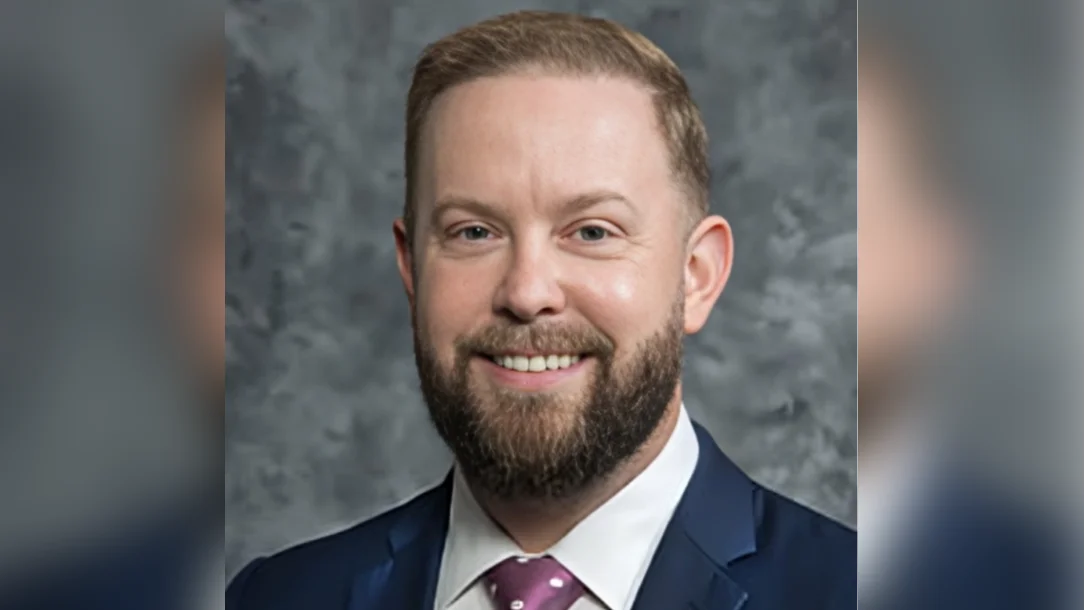David Knezek Chief Operating Officer | Michigan Department of Health & Human Services Website
David Knezek Chief Operating Officer | Michigan Department of Health & Human Services Website
The Michigan Department of Health and Human Services (MDHHS) has introduced new measures to enhance access to substance use disorder (SUD) treatment. These initiatives include program enhancements and a mapping tool designed to assist residents in locating treatment and recovery providers across the state.
"I am especially proud of the work we have done to expand access to substance use disorder treatment," stated Elizabeth Hertel, MDHHS director. She highlighted efforts such as expanding Health Home services, ensuring reimbursement for alcohol use disorder treatment in primary care settings, and developing a tool for finding treatment locations statewide.
The newly launched SUD mapping tool allows users to search for licensed treatment and recovery locations by ZIP code, city, or county on the MDHHS website. The search can be refined by service type—such as inpatient, outpatient, or medication-assisted treatment—and whether the provider accepts Medicaid.
Health Homes have been expanded from Opioid Health Homes to SUD Health Homes, now including diagnoses of Alcohol Use Disorder and Stimulant Use Disorder. This change aims to broaden eligibility for services.
In fiscal year 2023, 23,270 women entered SUD treatment; among them were 592 pregnant individuals. Additionally, 29,472 people sought help for primary alcohol use disorder. Branislava Arsenov from Northern Michigan Regional Entity commented on these developments: "The expansion of the Substance Use Disorder Health Home has allowed us to increase our enrollment and provide much-needed care coordination services while improving our beneficiaries’ social determinants of health."
SUD Health Homes are now available statewide with expansions into seven new counties: Allegan, Kent, Lake, Mason, Muskegon, Oceana, and Ottawa. These changes are expected to reach an additional 3,000 individuals.
Efforts also include increasing Medicaid SUD providers by removing barriers and offering incentives like loan repayment. Collaborations with physicians aim to boost buprenorphine prescribers' numbers in Michigan. Other initiatives involve early intervention treatments at select health centers and improved support systems for pregnant individuals in northern Michigan.
Support is extended through rooming-in programs for substance-exposed babies and their families during Neonatal Abstinence Syndrome treatments. The department collaborates with parole/probation offices via peer support networks for those returning from incarceration.
Transportation challenges are addressed by providing over 20,000 rides related to SUD services—a recognized barrier in community engagements concerning SUD issues. Additionally, partnerships with the Michigan State Housing Development Authority have resulted in more recovery housing options across the state.
Opioid treatment capacity has been increased at ten Michigan Department of Corrections prisons where medications are provided for opioid use disorder affecting 884 incarcerated individuals.
Further information about these programs is available on the SUD Resources website along with details on spending from the state's Opioid Healing and Recovering Fund on the opioids settlement website.






 Alerts Sign-up
Alerts Sign-up